Apple, Google partner to develop tech that assists with COVID-19 contact tracing
 Friday, April 10, 2020 at 9:59PM
Friday, April 10, 2020 at 9:59PM 
Contact tracing is an essential tool to help contain the spread of COVID-19. But that doesn't mean it wouldn't need some technological help. Google and Apple are working together to allow the use of Bluetooth technology to help governments and health agencies reduce the spread of the virus while having "user privacy and security central to the design."
To help with contact tracing, the tech giants are launching solutions that include application programming interfaces (APIs) and operating system-level tech. The companies will implement these solutions in two steps.
First, in May, they will release the APIs that allow for interoperability between Android and iOS devices to make sure the apps from public health authorities can be implemented more effectively. The apps will be made available through their respective app stores. This step might limit adoption since people still need to download the apps. But, in the coming months, Google and Apple will work to enable a broader, Bluetooth-based contact-tracing platform by building this function into underlying platforms, allowing for more individuals to participate (if they choose to opt-in).
This voluntary contact-tracing network will use Bluetooth Low Energy (BLE) to share data with approved, official apps from public health authorities. It keeps extensive data on phones that have been near each other. Users can use these apps to report if they've been diagnosed for COVID-19. And those who download these apps will be notified if they've been in contact with an infected person.
Unlike GPS and other methods, using Bluetooth means it wouldn't track a person's physical location. But it would pick up signals of nearby devices at five-minute intervals and store these connections in a database. So, if one person is infected, it could then notify other people whose phones were within close range in the preceding days that they came in contact with someone who got the virus.
 How Apple and Google plan to use tech to assist with contact tracing (Apple and Google)
How Apple and Google plan to use tech to assist with contact tracing (Apple and Google)
User privacy and security are the main concerns about using digital surveillance technology to help contain COVID-19. And the companies want to assure that they are taking these concerns seriously.
Google and Apple said in their statements, "Privacy, transparency, and consent are of utmost importance in this effort, and we look forward to building this functionality in consultation with interested stakeholders. We will openly publish information about our work for others to analyze."
The system will take several steps to preserve anonymity, even if their information has been shared. While the app sends information regularly, it will broadcast anonymous keys instead of static identity, with the keys cycling every 15 minutes. And when a person is infected, the app will only share keys from the specific period when they were contagious. And there will be no centrally accessible master list of which phones have matched (both for the contagious and otherwise).
The phones themselves will perform cryptographic calculations needed to protect privacy. Central servers will only maintain the database of shared keys instead of the interactions between those keys.
Another potential weakness The Verge points out is that the app could flag people in adjacent rooms when you're in crowded areas. This could cause unnecessary worry. And it might not be able to distinguish how long someone could be exposed. Working next to someone infected all day will expose you to a higher viral load than if you pass an infected person on the street. And, of course, this tech will be reliant on people having the app and phones capable of supporting it.
It is a relatively new project, so Apple and Google and the concerned agencies are still working out how to implement the program. But it is an additional solution using tech a lot of people have that can help us curb this pandemic sooner rather than later.
 Print Article
Print Article  Permalink tagged
Permalink tagged  COVID-19
COVID-19  Email Article in
Email Article in  Apple,
Apple,  Breaking news,
Breaking news,  Google,
Google,  Health,
Health,  Mobile,
Mobile,  News,
News,  Press release,
Press release,  Public service,
Public service,  Security
Security 




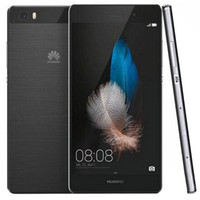
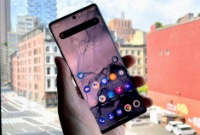

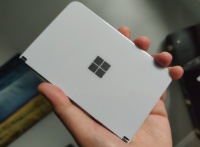
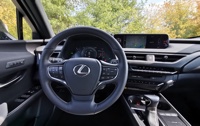

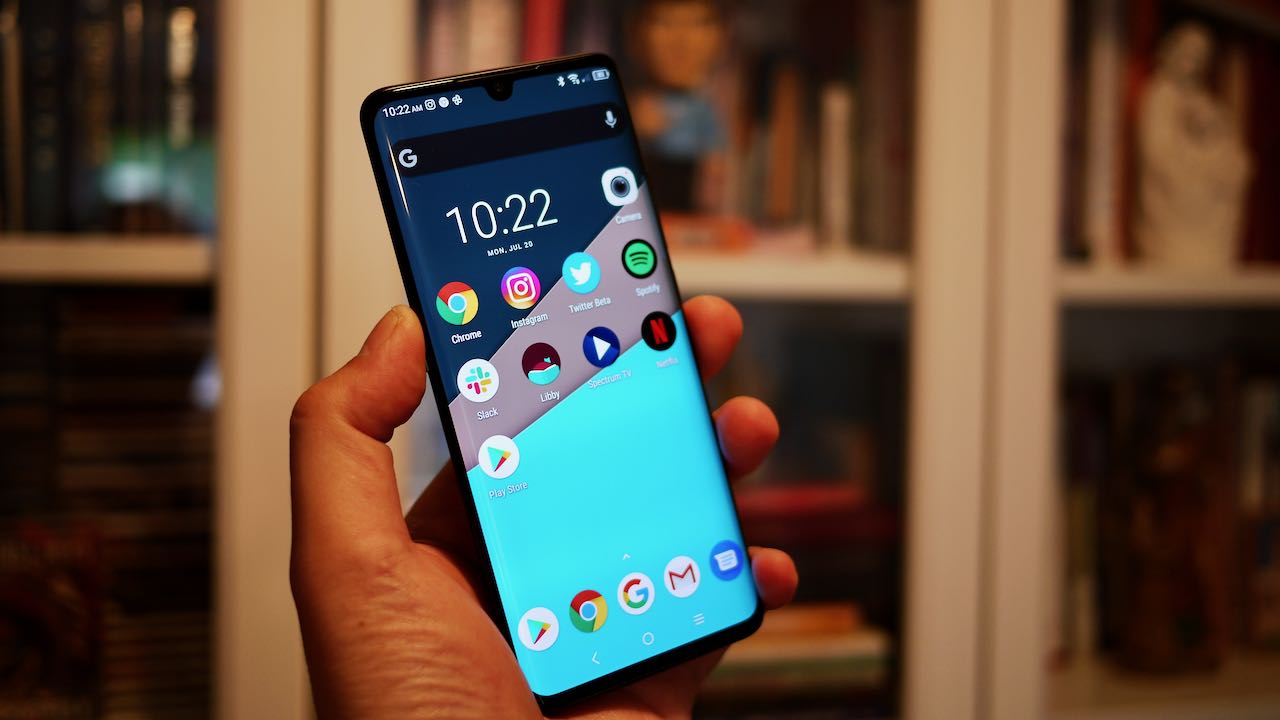
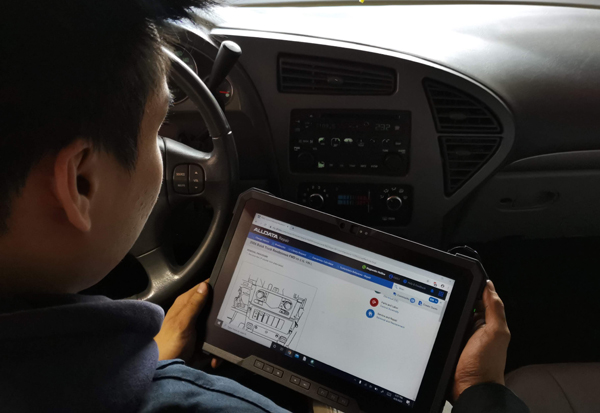

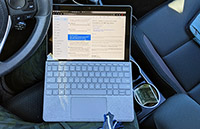
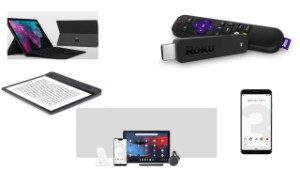
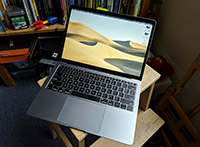
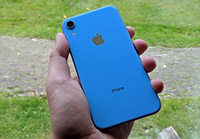
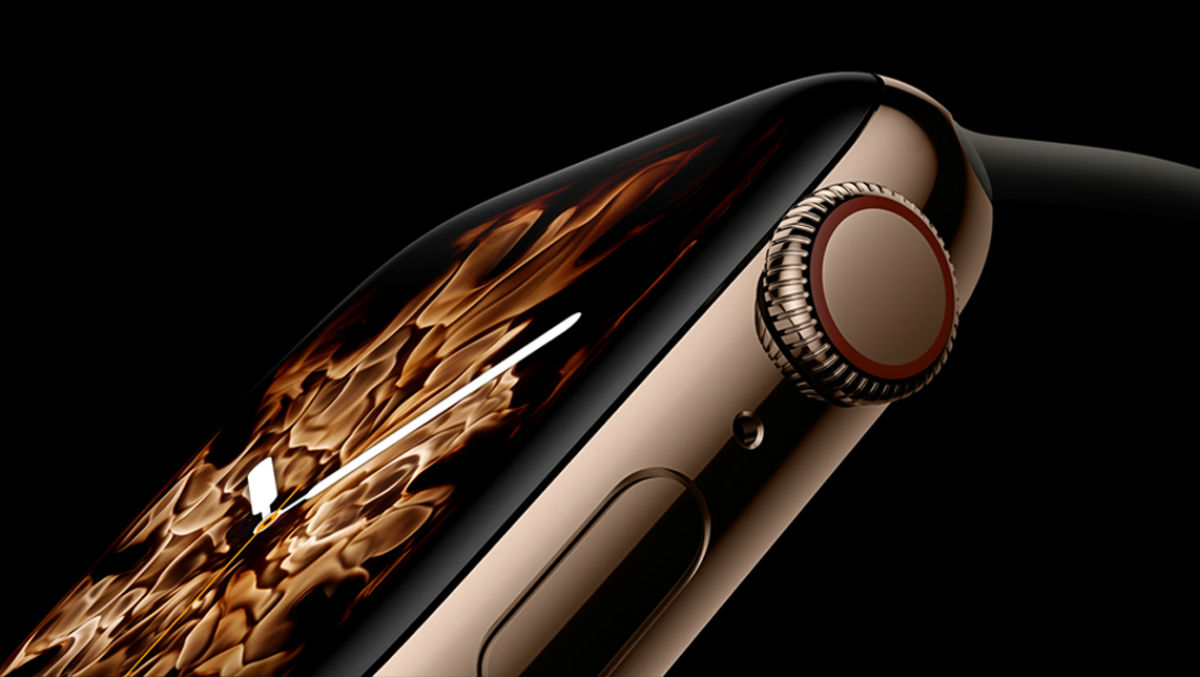
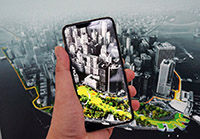
Reader Comments